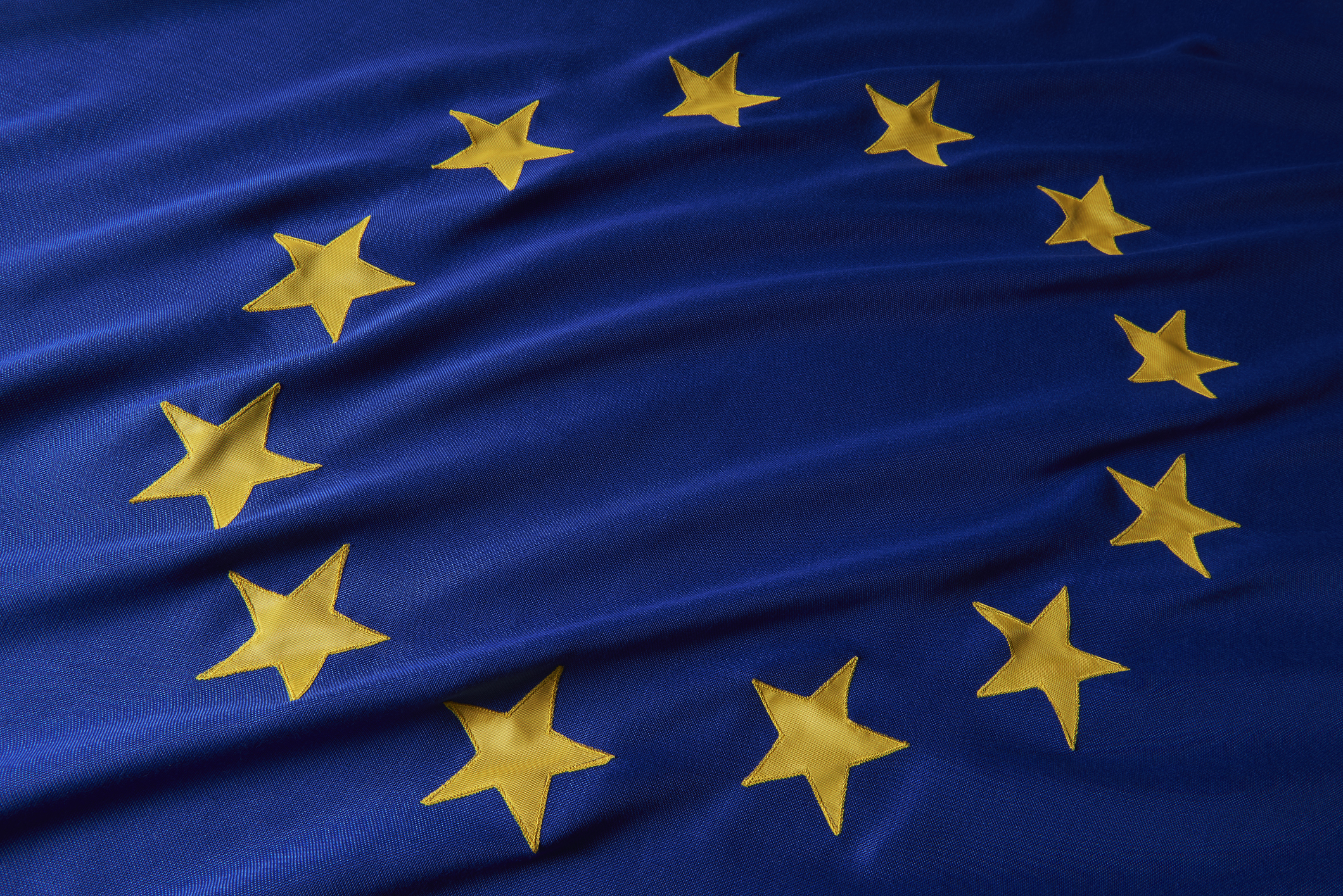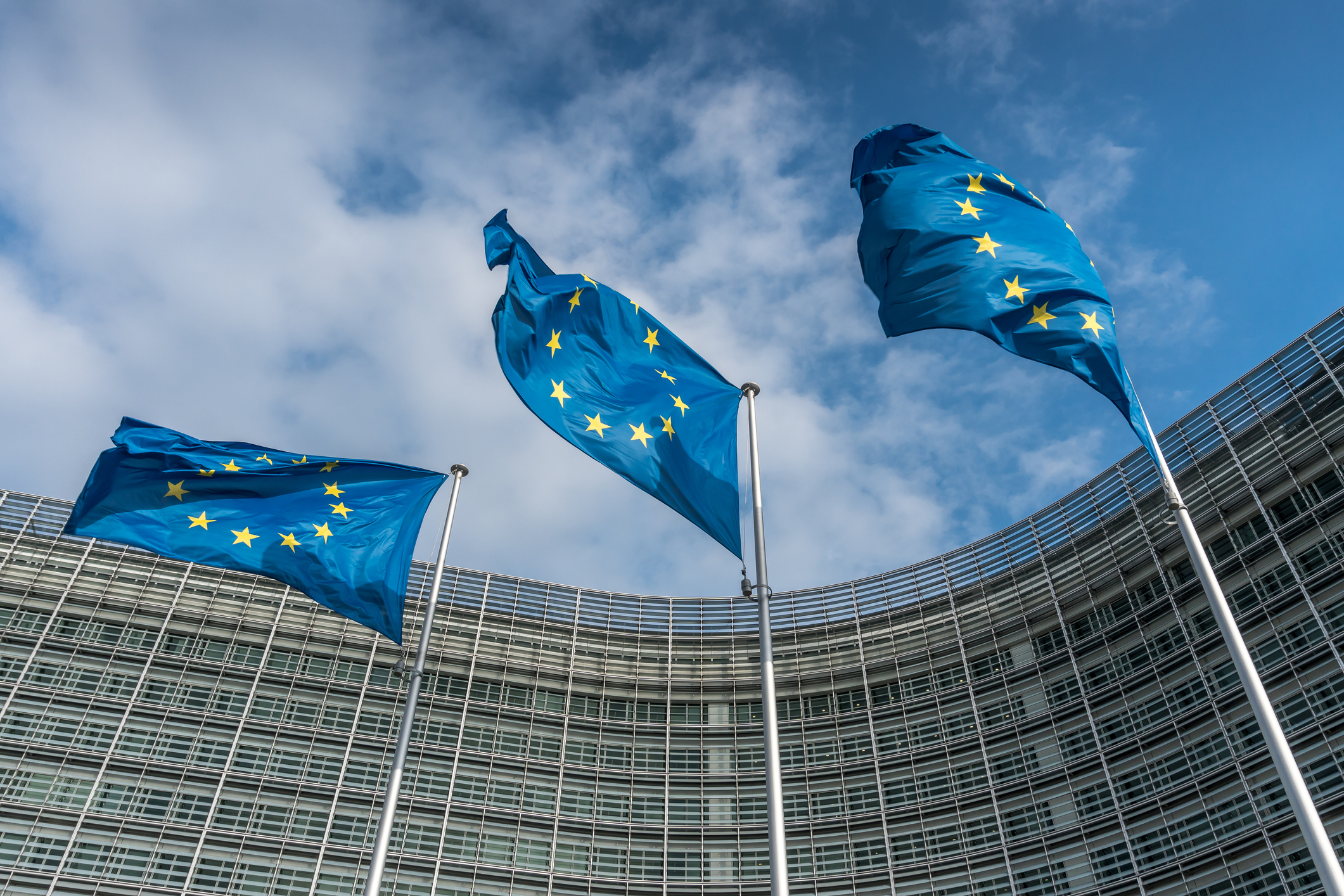Erase and rewind: the EU and privacy
Inside the Enterprise: Proposed new European regulations on data privacy seem largely sensible, even if they present some hurdles for business.

It's easy to picture it as a scene out of Yes Minister, but with Continental accents. "Director, we need to do something about these interwebs, they are getting out of control." "Yes, Commissioner".
The last set of EU rules date back to 1995, when web browsing was a distinctly niche activity, and Facebook's Mark Zuckerberg was still at primary school.
Of course, EU justice commissioner Viviane Reding is no newcomer when it comes to technology; her previous post was as Commissioner for the Information Society. And the extensive proposals to reform the EU's data protection regime seem largely sensible.
Typical Brussels wording, such as "a general EU framework for data protection", mask the true content of what could turn out to be very extensive set of changes. The proposed regulations are, in many ways, more of an update than a reform. The last set of EU rules date back to 1995, when web browsing was a distinctly niche activity, and Facebook's Mark Zuckerberg was still at primary school.
Rules, such as the "right to be forgotten", will affect sites such as Facebook and Google, but also businesses operating forums and blogs, and possibly even product knowledge bases where members of the public can contribute material.
At the other end of the spectrum, rules such as the requirement for firms with more than 250 employees to appoint a data protection officer, and a legal obligation for companies that suffer a data breach to notify their regulator the ICO in the case of the UK within 24 hours might smack of bureaucracy.
But most of what the EU has proposed is simply good practice.
Get the ITPro daily newsletter
Sign up today and you will receive a free copy of our Future Focus 2025 report - the leading guidance on AI, cybersecurity and other IT challenges as per 700+ senior executives
Companies should not, for example, hold on to data where a customer or citizen does not want them to; having someone tasked with data protection in a firm is one way to ensure management takes the issue seriously.
An obligation to notify the "supervising authority" of a data breach is a far milder requirement than, for example, California's California Security Breach Information Act (or SB-1386for short). That obliges companies to inform their customers, not merely their regulator. The maximum euro1m fine for data breaches, again, will force those organisations that have dragged their heels on data protection and privacy to raise their game.
The question for businesses now, though, is how the new rules will be implemented.
Implementation and enforcement of EU regulations is largely a matter for national governments. The UK's track record here is more mixed. In some cases, the UK has dragged its heels over implementing EU rules; in others authorities have stood accused of "gold plating" legislation, going beyond the basic requirements set out by the EU and placing more onerous compliance requirements on UK businesses than those demanded by other EU states.
So there is an opportunity for businesses, and the technology sector, to examine the rules and to make a well thought out case for sensible implementation in the UK. And there is also plenty that companies can do to prepare themselves too; Google's new privacy policy is one example.
But ignoring it and hoping it will go away, Jim Hacker style, is not an option.
Stephen Pritchard is a contributing editor at IT Pro
-
 Enterprises face delicate balancing act with data center sustainability goals
Enterprises face delicate balancing act with data center sustainability goalsNews High energy consumption, raw material requirements, and physical space constraints are holding back data center sustainability efforts, according to new research from Seagate.
By Emma Woollacott
-
 Cleo attack victim list grows as Hertz confirms customer data stolen
Cleo attack victim list grows as Hertz confirms customer data stolenNews Hertz has confirmed it suffered a data breach as a result of the Cleo zero-day vulnerability in late 2024, with the car rental giant warning that customer data was stolen.
By Ross Kelly
-
 Forcing Apple to allow alternative app stores might cause major security risks
Forcing Apple to allow alternative app stores might cause major security risksAnalysis Apple will be forced to allow third-party marketplaces on its devices, but some experts have raised serious security concerns
By Solomon Klappholz
-
 Top data security trends
Top data security trendsWhitepaper Must-have tools for your data security toolkit
By ITPro
-
 Why bolstering your security capabilities is critical ahead of NIS2
Why bolstering your security capabilities is critical ahead of NIS2NIS2 regulations will bolster cyber resilience in key industries as well as improving multi-agency responses to data breaches
By ITPro
-
 New EU vulnerability disclosure rules deemed an "unnecessary risk"
New EU vulnerability disclosure rules deemed an "unnecessary risk"News The vulnerability disclosure rules in the Cyber Resilience Act could also cause a “chilling effect” on security researchers
By Ross Kelly
-
 Are you ready for NIS2?
Are you ready for NIS2?WEBINAR Find out what you should be doing to prepare for the EU’s latest data protection regulation and UK equivalent with our free webinar
By ITPro
-
 SEC data breach rules branded “worryingly vague” by industry body
SEC data breach rules branded “worryingly vague” by industry bodyNews The new rules announced last week leave many questions unanswered, according to security industry experts
By Ross Kelly
-
 Crackdown on crypto needed to curb cyber crime, says expert
Crackdown on crypto needed to curb cyber crime, says expertNews Threat actors would struggle to generate money without the anonymity provided by unregulated digital tokens, but such a move would require worldwide buy-in
By Rory Bathgate
-
 EU regulators are digging their heels in despite big tech’s Data Act pushback
EU regulators are digging their heels in despite big tech’s Data Act pushbackAnalysis EU regulators are no strangers to big tech regulatory push back, so why do companies still persist?
By Ross Kelly